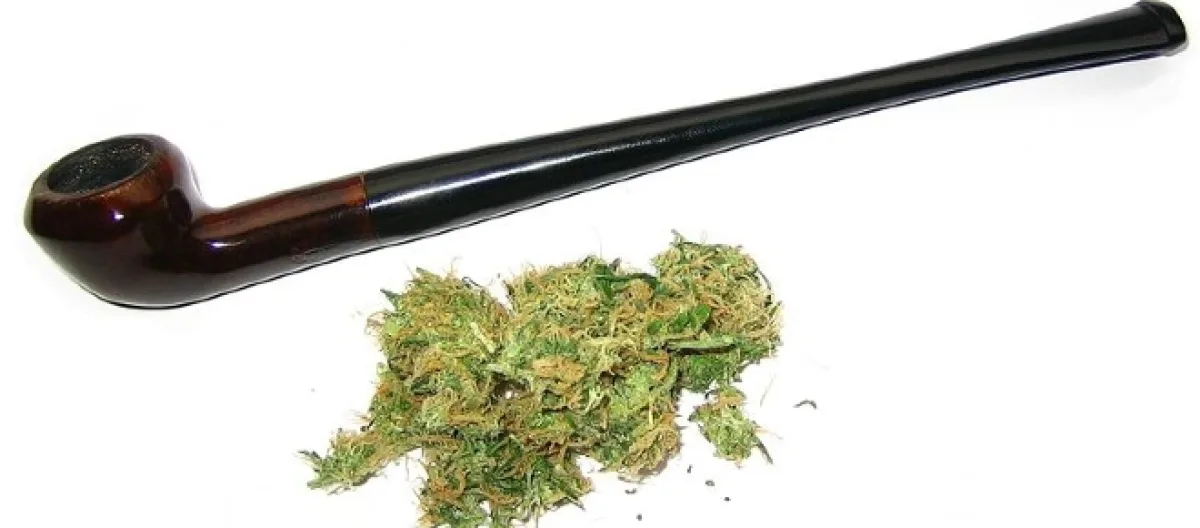Drugs might be legalized soon. In some countries sooner than we think. This could end drug trafficking!
Many politicians have different opinions on this proposal. Some believe that the world should continue to fight the drug war by keeping the prohibition policy and penalizing those who buy, supply, transport or simply own them. Others take the side of legalization or abandoning certain measures of punishment.
However, people are afraid that passing a law about legal use of drugs will only increase the abuse and cause total chaos in the community. On the other side, many studies show that positive changes in criminal offenses and economy will happen.
Will legalization bring more benefits than problems?
Let's look at the possible benefits of Decriminalization Of Drugs. Crime and violence levels will decrease; drugs would be used to relieve pain from cancer and AIDS; tax revenues from legalized drugs will lift up the economy.
A report by Deborah White states that in 2009 the US estimated 872,000 arrests related to marijuana and 775,000 of them were for possession.
With legalization, fewer arrests for possession of drugs will occur, thus the courts and the police could focus on other crimes.
Another benefit for the country would be the annual savings. The US estimates $8 billion are spent on efforts to fight the drug war each year.
All these reasons seem quite solid to consider legalization. However, is that enough to overlook all the cons that will come with it?
According to ThoughtCo, use of “softer drugs” can lead to the use of more harmful drugs like heroin and cocaine; long-term or abusive use of drugs will result in serious health problems. The moral standards of the country might drop and law enforcement agencies would not want to be associated with drug support.
A significant number of politicians believe that individuals/groups involved in anything to do with drugs are more inclined to commit a crime than an average person, and therefore, it is safer to keep those offenders incarcerated.
Portugal and Russia stand on opposite fronts
Portugal benefited from decriminalization of drugs. Before 2001 the country had a severe heroin epidemic with 1 percent of the population addicted to opium. In that year the government announced all drugs legal. Evidence of positive effects follows: only 3 per million people in Portugal die from an overdose, while the EU average is 17.3 per million. Therefore, Portugal ranks as the second-lowest country with drug-related deaths.
Vice News reports that a country that didn’t have so much fun playing around with legalization of drugs is Russia. After the collapse of the Soviet Union, the use of drugs exploded in Russia. The most favored drug in the country is heroin. The Kremlin blamed the US and NATO for destabilizing Afghanistan (from where most of the drugs are smuggled into Russia, ) and foreigners for trafficking and “infecting” the citizens. In 2016 an HIV crisis broke out in the country, which certainly connects to the issue.
Countries consider all the factors above when considering their drug policies. Some, like China, Turkey, Cuba, and Iraq decide to stay on the path of war. Countries like France, Australia, Spain, and Germany take steps towards legalization to a certain degree.
If more success, like Portugal's, follows, decriminalization will come to our world faster. However, in the case of a negative outcome, the idea of legalization could be abandoned for a couple more decades.
